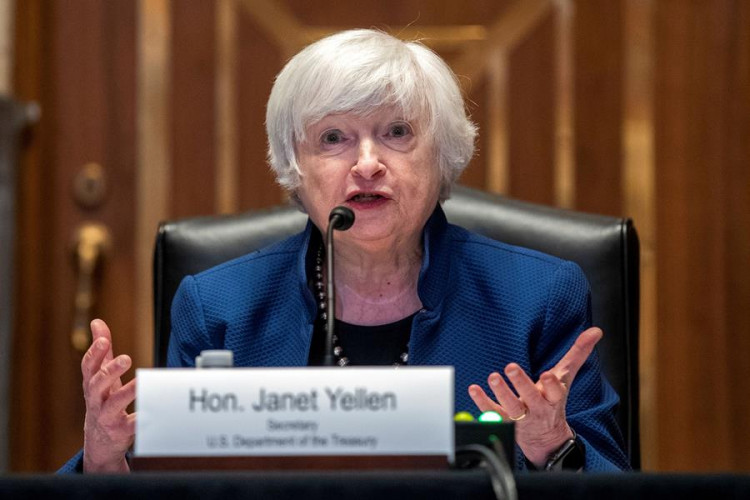In a significant move to address the nation's housing crisis, Treasury Secretary Janet Yellen announced on Monday a new $100 million fund aimed at bolstering affordable housing development. This initiative comes at a crucial time, just days before President Joe Biden is set to face former President Donald Trump in the first presidential debate, where the economy and inflation are expected to dominate discussions.
The recent consumer price index report highlighted persistent inflation, with shelter costs rising by 0.4% in May despite overall inflation remaining flat. Yellen addressed this issue during her speech in Minneapolis, stating, "I expect that shelter inflation will moderate. But we face a very significant housing supply shortfall that has been building for a long time, and this supply crunch has led to an affordability crisis."
The $100 million fund, to be distributed over the next three years, is part of a broader effort by the Treasury to support housing projects. This funding will come from payments the Treasury received from prior COVID-era investments in community lenders. These lenders have already invested $1.2 billion in 433 affordable housing projects under the 2021 Emergency Capital Investment Program, which injected over $8.57 billion into community financial institutions.
Yellen's announcement is part of a larger campaign by the Biden administration to promote its economic agenda ahead of the November 5 presidential election. As Biden prepares for the upcoming debate at Camp David, various cabinet members, including Acting Secretary for Housing and Urban Development Adrianne Todman and Transportation Secretary Pete Buttigieg, are traveling across the country to highlight the administration's efforts to improve infrastructure and housing.
The housing market remains a significant concern for many Americans. High housing costs, driven by pandemic-era supply chain disruptions and labor shortages, continue to strain consumers. Polls indicate that many voters hold the Biden administration accountable for the prolonged inflationary pressures. Housing costs, a substantial portion of consumer spending, have remained stubbornly high, exacerbating the affordability crisis.
President Biden has attempted to shift some of the blame onto corporate landlords, accusing them of "rent gouging" and keeping consumer rents artificially high. In a March statement, Biden expressed frustration, saying, "Folks are tired of being played for suckers, and I'm tired of letting them be played for suckers."
However, the National Apartment Association, representing landlords, pushed back against these accusations. In a June statement, the group asserted, "Politics has no place in housing and it's far past time for policymakers to act on housing. Over the coming months, NAA will continue to stand up for housing providers on the campaign trail."
Yellen's new initiative also calls on the 11 Federal Home Loan Banks to increase their contributions to housing programs. She urged these banks to allocate at least 20% of their net income to housing programs, up from the current legal requirement of 10% and the banks' voluntary commitment of 15%. The Treasury noted that had this higher commitment been in place over the last five years, it would have contributed nearly $2 billion more to housing programs.
Christopher Tyson, president of the National Community Stabilization Trust, welcomed the additional funding but emphasized that more needs to be done. "Distortions in the housing market because of the lack of supply have just pushed homeownership out of reach for many potential buyers," Tyson said, estimating a shortage of about 2 million housing units in the U.S.






